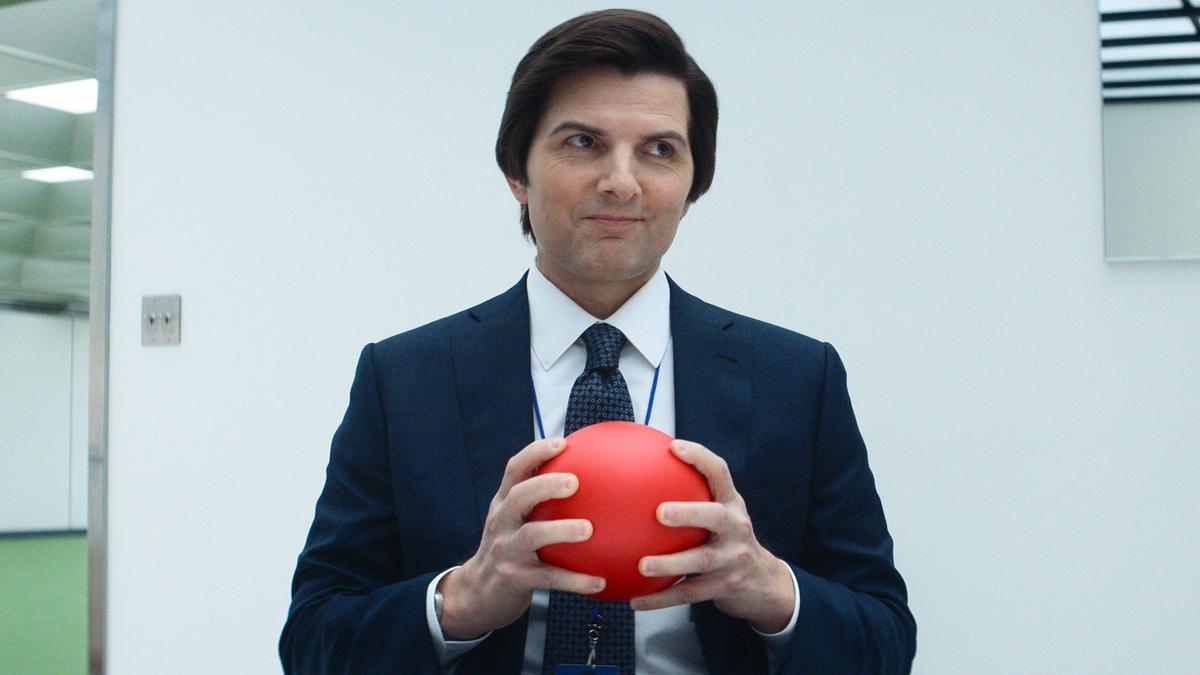
Remember the days when Hollywood churned out irreverent buddy-comedies that concluded with a feel-good ending and a sprinkling of off-the-cuff wisdom, akin to your favorite easy-going uncle’s life lessons? “Ricky Stanicky” aspires to join the ranks of such films, and with director Peter Farrelly at the helm—responsible for laugh-out-loud hits like “Dumb and Dumber,” “Me, Myself & Irene,” and “There’s Something About Mary”—one might expect another entry to the list of nostalgic cult favorites. Yet, disappointment looms as “Ricky Stanicky” fails to secure its spot among the classics, veering wide of the target it aimed at despite a premise ripe with potential.
Venturing back to their youth via an introductory flashback, we witness a trio of inseparable pals fabricate an imaginary wingman—Ricky Stanicky—crafted to take the blame for their shared blunders. Fast forward to adulthood, we find Dean (Zac Efron), JT (Andrew Santino), and Wes (Jermaine Fowler) still exploiting the Stanicky moniker to weasel out of family obligations and repair to each other’s company. Circumstances compel the friends to give flesh and bones to their fictional companion as suspicion begins to brew among their families.
Enter stage right Rod, played by John Cena, a down-and-out actor recruited to breathe life into this childhood fabrication. What unfolds is predictably chaos, as the trio’s “foolproof” plan spirals into an avalanche of troubles, endangering their personal and professional lives.
For fervent admirers of lowbrow humor, notably jokes of the phallic variety, the film intermittently strikes gold, mostly thanks to Cena and the periodic echoes of his famed pro-wrestling catchphrase, “You can’t see me.” Cena’s Ricky is a concoction of outrageous fibs and half-truths: a fictitious cancer survivor, a humanitarian braving an Ebola outbreak in Nairobi among others, presenting Cena with a broad canvas on which to cavort. He delivers a performance reminiscent of the outlandish humor that peppercorned his recent “Peacemaker” series, and for those capable of temporarily abandoning reality, there are moments of laughter to be found in Ricky’s escapades.
Jermaine Fowler, Zac Efron, and Andrew Santino in a scene from ‘Ricky Stanicky’
| Photo Credit:
BEN KING
Yet, beyond its central conceit, “Ricky Stanicky” struggles to pack a comedic punch. Recognition of the film’s inherent flaws comes swiftly, and even willing participants in its far-flung fictional world may find it a tall order to mine genuine amusement from its substance.
Its low moments are painfully vivid, such as a scene with a rabbi on ketamine losing composure mid-circumcision—only for Ricky to intervene with a cigar cutter. Then, there’s Dean and JT’s peculiarly gesturing boss, Summerhayes (William H. Macy), orchestrating a bout of hand-waving worthy of an unwanted entry in “101 Penis Jokes That Should Never Be Filmed.”
Despite Cena’s committed performance, “Ricky Stanicky” offers scant novelty. Moments sparking a smile are few, making the viewing experience a mishmash of tepid laughs amidst yawning stretches of uninspired antics. A film such as this might have found its audience a few decades ago. Today, however, much like its central trio, it comes across as awkward, infantile, and trying.
Throw in its setting on a popular streaming platform like Prime Video, and “Ricky Stanicky” bears the hallmarks of a movie night contender. Yet, viewers should manage expectations as they prepare for a cinematic foray that is more clumsy stumbling than comedic stride, a reminder that a fun premise requires artful execution to make a truly memorable comedy.
In an era where the “golden age” of buddy comedies feels like a distant memory, “Ricky Stanicky” seeks to stir a sense of nostalgia, but instead serves as a cautionary tale—that charisma and a quirky plot do not necessarily equate to a successful revival of a beloved genre.










